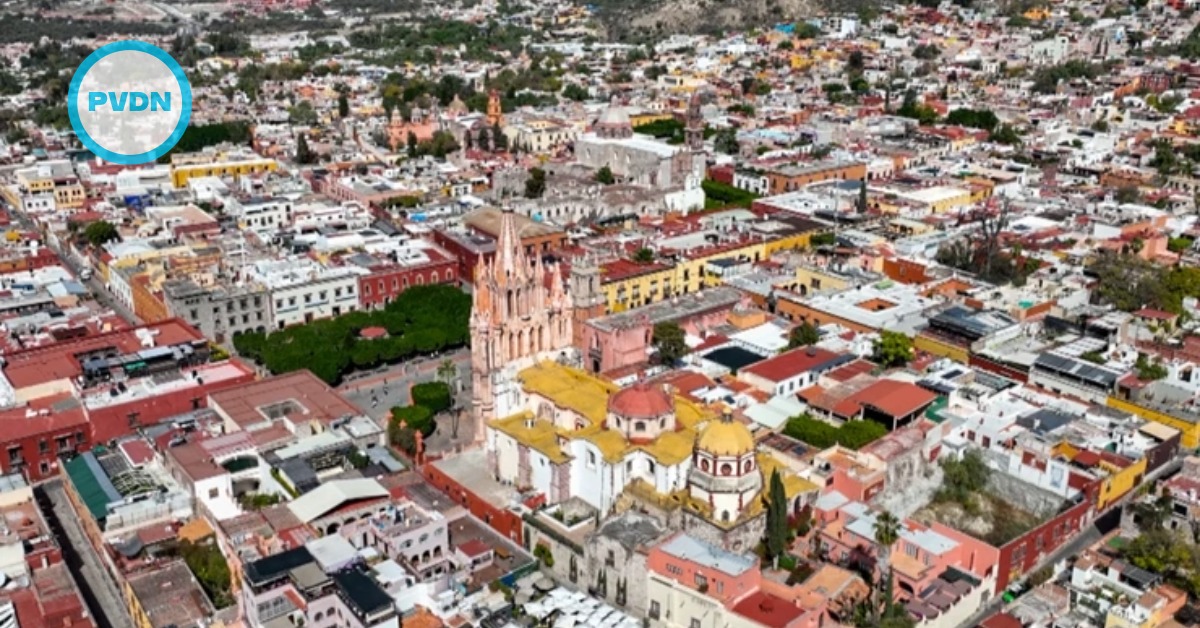Mexico’s Foreign Relations Ministry sues Google for using “Gulf of America” on its U.S. maps, arguing only coastal nations can officially name shared waters.
Puerto Vallarta, Mexico - In a landmark assertion of digital sovereignty, Mexico’s Foreign Relations Ministry has filed suit against Google in a Mexico City federal court, challenging the tech giant’s decision to label the Gulf of Mexico as the “Gulf of America” on its U.S.-facing maps. President Claudia Sheinbaum announced the legal action today, underscoring Mexico’s contention that no foreign power may unilaterally . . .






